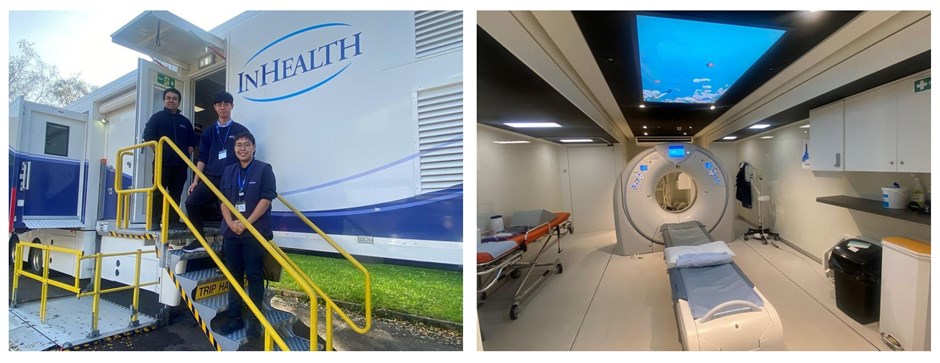By Greg Pycroft, Policy and Public Affairs Manager
On the 29th September 2022 the UK National Screening Committee (UKNSC) recommended that the 4 UK nations should move towards implementing targeted national lung cancer screening programmes - integrated with smoking cessation services - for people at high risk, ever-smokers – people who smoke, or with a recent history of smoking.
Less than a year later, on the 26th June 2023, the UK Government announced the rollout of a targeted lung cancer screening programme across England. Initially delivered through local and regional research projects and pilots, around 25% of the at-risk population has received a lung health check. That figure will rise to 40% by 2025. The next phase will see the development of a national screening programme in England that will benefit from an integrated IT system and a safe, consistent, and effective pathway. The entire at-risk population will be covered by targeted lung cancer screening by 2030.
The decision to do so follows a successful opening phase where approximately 70% of the screening took place in mobile units parked in convenient places - such as supermarket car parks - to ensure easy public access and focused on less affluent areas.
The UK NSC and UK Government decisions raise an important question for Wales, and the decision makers responsible; how long does Wales have to wait until a target lung cancer screening programme is available here, or at the very least ensure the pilot currently taking place within the Cwm Taf Morgannwg UHB area continues beyond 2023 and expands to cover more than the current 500 North Rhondda residents. After all, around 1800 people die every year from lung cancer in Wales, making it the biggest cause of cancer death.
Tenovus Cancer Care has taken a close interest in the need to tackle the impact of lung cancer across Wales. We published "Tackling Inequalities: Lung Cancer" last year. The report sets out the challenge posed by the disease in Wales, the inequalities at the heart of the problem, current preventative interventions and more innovative approaches being developed to identify and diagnose lung cancer earlier.
So many people die from lung cancer because of late diagnosis. Around 45% of people are diagnosed with stage 4 lung cancer when the cancer may have spread around the body and fewer treatment options exist.
Yet despite its seriousness, a lung cancer diagnosis need not be a death sentence. Caught early enough, rates of survival are reasonably high.

Also, across Wales lung cancer is not experienced equally. The disease is linked to inequalities and takes a terrible toll on disadvantaged communities.



